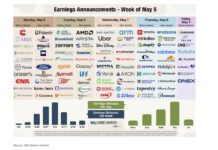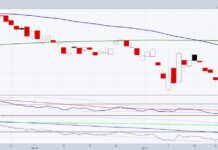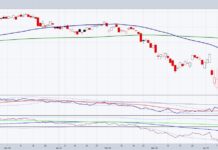 By Ross Heart
By Ross Heart
As 2013 began, financial market participants were showered with a new batch of predictions and outlooks for the New Year. A common prognostication (again) was the forecast of an end to low interest rates and the bursting of a bond market bubble that many continue to say is imminent.
Even though a sell-off in bonds has yet to occur, those predicting it have not been deterred. This year’s crop of predictors seemed even more adamant in calling a reversal in yields despite the Federal Reserve’s ZIRP (Zero Interest Rate Policy). And the sole follow-up question for prognosticators usually involves bonds correlation with equities. Yet, here again, we are assured that their calls for a bursting of the bond market bubble (and higher interest rates) means good times for the stock market, as investors would simply move assets from bonds to stocks.
However, when a 32 year bull market in bonds eventually ends, its demise will likely not be as tidy as advertised. Especially if the bond market bubble has more gas in the tank. Either way, here are some question you may want to consider if you are expecting its demise:
- The consensus points to a continued recovery in housing. To what effect would higher interest rates slow that momentum?
- What consequence would higher interest rates have on the US Dollar and global currency battles?
- High-yield corporate bond yields recently dipped under 6% for the first time ever. Would a bursting of the Treasury bond market bubble also mean a sell-off in junk bonds?
- ‘Money on the sidelines’ is a catalyst frequently utilized in arguing higher stock prices. Why wouldn’t idle cash that’s been frantically searching for yield simply be deployed into higher-yielding bonds?
- Higher interest rates mean an increased cost to the Federal Budget. Given the reluctance of Congress to cut spending during the Fiscal Cliff negotiations, how exactly would this additional interest expense be handled?
- What would a bond-market selloff mean for commercial real estate?
- Will investors in 0% yielding investments like gold scatter into more competitive yielding investments?
- If bonds retreat, what does that mean for the value of pension fund bond portfolios and what would be the total effect on their under-fundedness?
- If interest rates move higher, and the bond market bubble pops, the propensity of the consumer to consume will likely be affected by more attractive yields and a better environment for savings. So, what effect would a bond market selloff have on retailers?
- Is there an overleveraged ZIRP-based trade that could potentially wreak havoc on the financial system if conditions reverse, or is it possible that the entire search for yield is the bubble?
- Lastly, what exactly constitutes a bursting of the bond market bubble? Calling for the 10-year Treasury to yield 2.5% up from 1.8% seems the equivalent of calling the end to Apple’s meteoric rise and predicting a selloff from $705 to $685.
Given that we are sitting at such ultra-low interest rates makes for easy predictions of an imminent move higher (and end to the bond market bubble). Difficult questions of what economic shocks might hit our system if this were to occur may not be as simple as they seem. Perhaps the most important question is not when interest rates rise, but whether interest rates can rise?
Heart Capital does not offer investment advice via this medium. Under no circumstance whatsoever do these postings, opinions, charts, or any other information represent a recommendation or personalized investment, tax, or financial planning advice.
Twitter: @heartcapital and @seeitmarket
Any opinions expressed herein are solely those of the author, and do not in any way represent the views or opinions of any other person or entity.








